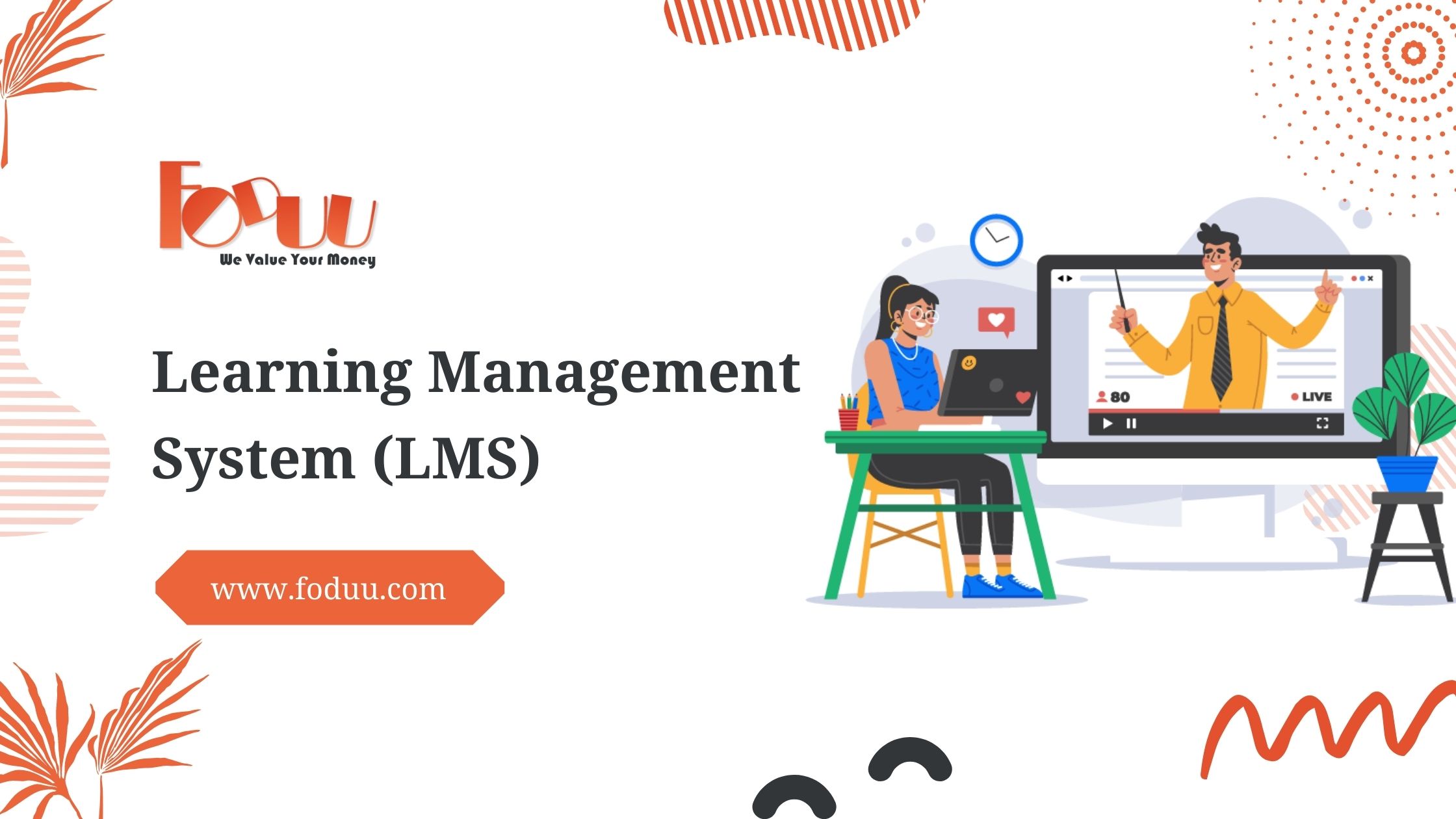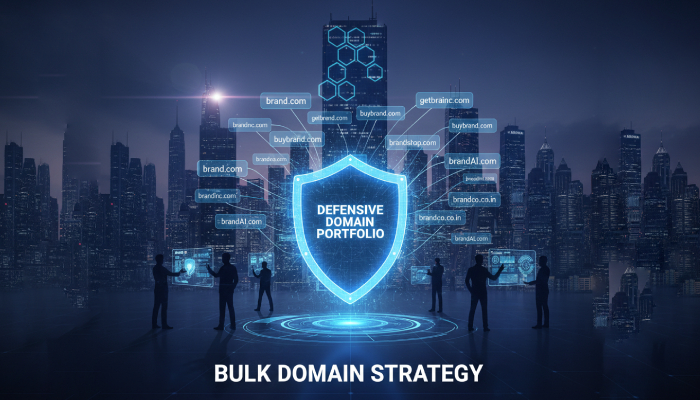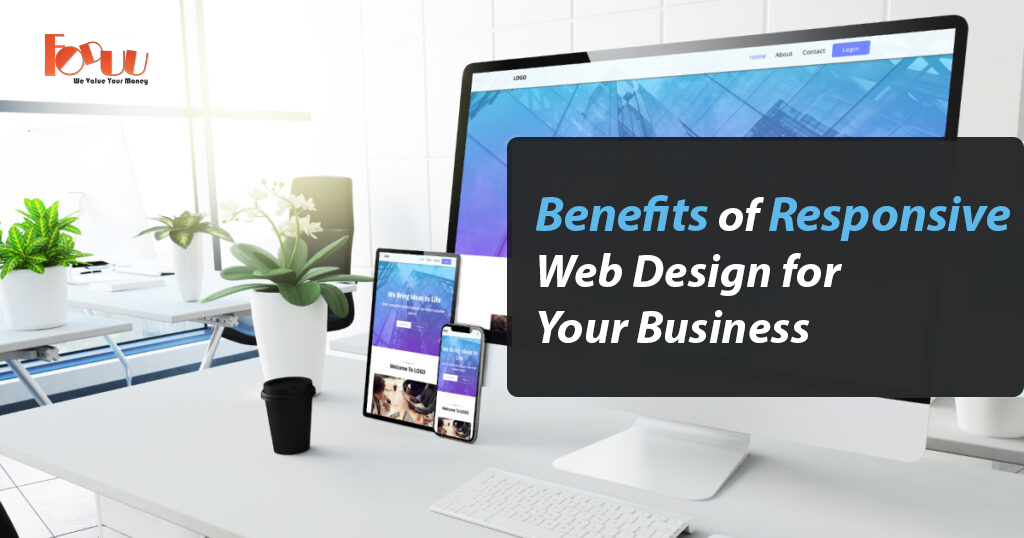A learning management system is a software-based application that manages, documents, tracks, reports, automates, and delivers educational courses. It's used by a wide range of businesses, not simply schools and software and technology firms.
Administrators can use a learning platform to track, administer, and distribute e-learning courses to employees, students, partners, and customers. LMS software can also be used to distribute training materials to the general public.
Learning management systems are also known as a course management system, e-learning, or e-training system. An LMS is also known as an instructional management system, integrated learning system, learning social network, or personal learning environment, according to ancient hieroglyphics. Although some people refer to it as a Learning Content Management System, an LCMS is essentially an LMS platform with an integrated online editor that allows businesses to exchange training materials.
What are the components of a learning management system (LMS)?
Depending on the function of the users, an LMS has two major interfaces:Interaction with the student
The end-users and recipients of the training provided by an LMS are known as learners. Learners can use the learner interface to access learning resources, submit quizzes and assignments, and keep track of their own progress.User interface for the administrator
In an LMS, administrators are in charge of a range of responsibilities, including course creation, learner assignment, assignment and quiz evaluation, and learner progress tracking. The admin interface includes tools for creating and organising courses, creating and evaluating knowledge checks, and viewing statistics and reports.What are the key functions of a learning management system (LMS)?
Any organization's learning programmes can benefit from an LMS. There are various advantages to utilising the software, including:Reduced learning and development costs: When you consider venues, logistics, travel, and the time employees are away from their jobs, in-person training sessions may be costly. An LMS lowers such costs by eliminating the requirement for venue rental, recurrent trainer fees, and even the cost of refreshments and printed learning materials.
Reduced training time: When you digitise your training programmes, you can deliver the same information in a fraction of the time it takes to learn in a classroom. Users can also work through bespoke courses tailored to their specific knowledge needs and busy schedules, increasing efficiency even more.
Learning management system (LMS) learner tracking and reporting: Organizations can keep track of their learners' progress and grades. Most LMS dashboards provide a quick overview of overall student performance, including who has finished which training modules, how they scored, and more. The reporting tool also gives instructional material authors insight into how to close gaps and improve content distribution. It can also be used to evaluate students' grades and performance.
Improved engagement: With more accessible learning alternatives, user-friendly learning management systems can improve engagement and retention. Learners can study whenever they choose – perhaps while cuddled up on the couch drinking a latte? – and with a more relaxed visual interface and ease of use, they are more likely to be engaged in and remember more of the content. Learning flexibility is one of the advantages of adopting a SaaS LMS. Learners and new workers can work remotely with e-learning courses. Web-based training materials and online courses are accessible from most mobile devices. Asynchronous learning is a student-centered method that recognises the importance of peer connection in increasing learner engagement. Most LMS also provide users with discussion boards, internal messaging, chat, and a community environment. The majority of e-learning systems provide a high-quality user interface for usability and intuitive learning, and the nature of online mobile e-learning facilitates this. We humans learn more enthusiastically if we make any learning process enjoyable. Gamification alternatives are available in today's learning content systems, which reward points, badges, and certificates to learners. Gamification increases learner engagement and motivates them to complete necessary training by providing an entertaining e-learning experience. Raise your game!
What are the benefits of using a learning management system (LMS)?
It's less difficult to handle
If you're a medium to large multinational corporation looking to provide online training to employees and partners for personal or professional development (including company, brand, and product knowledge), an LMS is a simple way to do so without 'death by PowerPoint' seminars, overburdening anyone's inbox, or generating endless badly-formatted progress reports in Word. An LMS is essential for automating the corporate training process and helping businesses to move away from instructor-led training and toward virtual learning and development programmes. Online training improves accessibility, feasibility, and flexibility, as well as the efficiency of your company's resources and budget. Is it obvious that we're big fans?It can be customised for groups, individuals, and learning goals.
Apart from the obvious advantages of online training over in-person training, an LMS is essential for ensuring that the appropriate training is only available to the appropriate employees, partners, or customers, as visibility can be limited to specific teams or departments. Multi-tenancy features are available in LMS software for more complicated and extensive companies; this allows major enterprises with a global presence to host many learning environments (tenants) under a single software installation. Because a multi-tenancy LMS gives a completely customised and customizable solution for online training programmes with genuine flexibility, multinational firms just need to design one LMS for all markets and locations.It's social learning that's fit for the future
Learning programmes are critical to the digitalization and transformation of firms, as well as how they train employees while maintaining a sense of community, especially in this post-pandemic period. (I'm sorry.) The 'P' word has to be mentioned.) Higher education institutions, government and government agencies, international organisations, non-governmental organisations, and small and medium-sized businesses all employ learning management systems. An e-learning platform may help you organise your resources, training, and data while also giving you useful insights. As a consequence, you'll be able to discover gaps and possibilities in your staff and make continuous changes. The goal is for LMS users to find digital learning to be simple, straightforward, and engaging.How Does a Learning Management System (LMS) Improve Learner Engagement?
Increased access to learning content is one way that an LMS can boost learner engagement. This provides the opportunity for students to use any device to access their educational resources. With the great majority of our workforces now working from home, it's vital to provide them with the tools they need to stay engaged while they're away from the office. The term "engagement" refers to how much attention and interest a person devotes to a particular activity or undertaking. When it comes to learning engagement, a learner's focus, motivation, and cognitive capacity all play a role. However, a learner's engagement is influenced by the design of a learning course or material, as well as how a trainer selects to deliver these courses. All of these aspects must be considered in order for an LMS to promote learner engagement. Learning experts can provide a unique approach of personalising and further engaging learners by incorporating informal and mixed learning. These two tactics have put the learner in the driver's seat as the L&D landscape has moved to value'self-learning' above traditional learning, when an instructor's expertise may be deemed the end-all. This isn't to imply that educators have lost their relevance. Rather than planning, curating, and providing in-person education, their attention has switched to facilitating and assisting learners in using their own approaches to get answers.
Are you looking for a learning management system (LMS)?
Talk us at +91 881 730 4988 to an LMS consultation.










